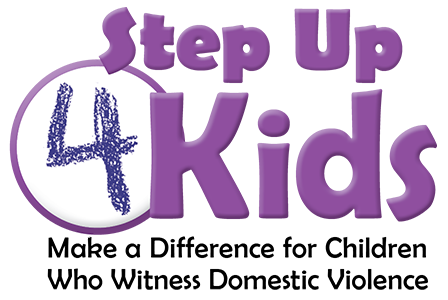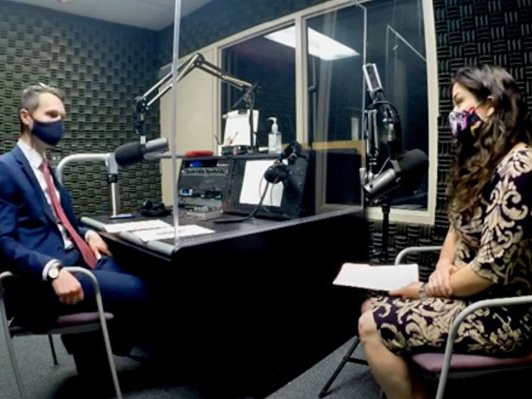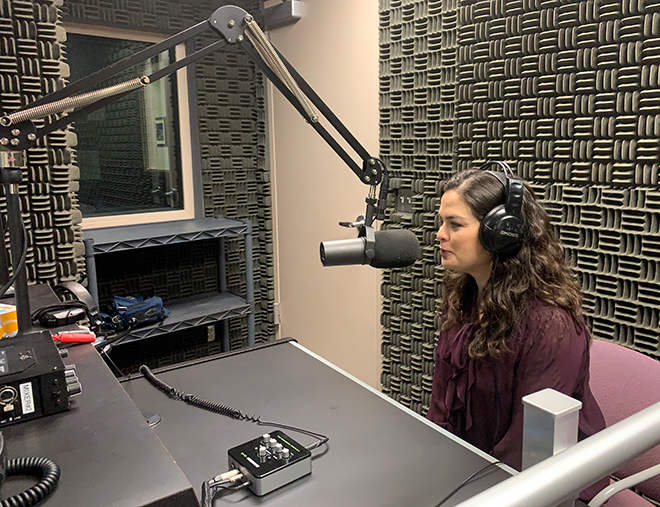 SAFETY ALERT – If you are in danger, call or text 911.
SAFETY ALERT – If you are in danger, call or text 911.

Step Up 4 Kids began when county officials realized that seeing domestic violence at any age can affect a child for the rest of their lives. Children may not have the words to tell adults how the violence in their house explains how they act. Fairfax County understands it is important for county services, schools and nonprofits to work together to meet the needs of children impacted by domestic violence. Step Up 4 Kids brings these partners together to meet the needs of children who witness domestic violence. Step Up 4 Kids includes:
- Fairfax County Public Schools
- Department of Family Services
- Community Member Advocates
- Healthy Minds Fairfax
- Neighborhood and Community Services
- Juvenile and Domestic Relations Court
- Second Story
- Fairfax County Health Department
- Court Appointed Special Advocates (CASA)
- Shelter House, Inc
- Fairfax County Police Department
- Ayuda, Inc
- Legal Services of Northern Virginia
- Fairfax-Falls Church Community Services Board
- United Community
- Private Mental Health Providers
- Safe Spot Child Advocacy Center
Domestic and Sexual Violence Services is committed to working with community partners to support children impacted by domestic violence.


 Step Up 4 Kids on Braddock Voices
Step Up 4 Kids on Braddock Voices County Conversation Podcast - Step Up 4 Kids Initiative
County Conversation Podcast - Step Up 4 Kids Initiative Step Up 4 Kids Community Engagement Toolkit
Step Up 4 Kids Community Engagement Toolkit